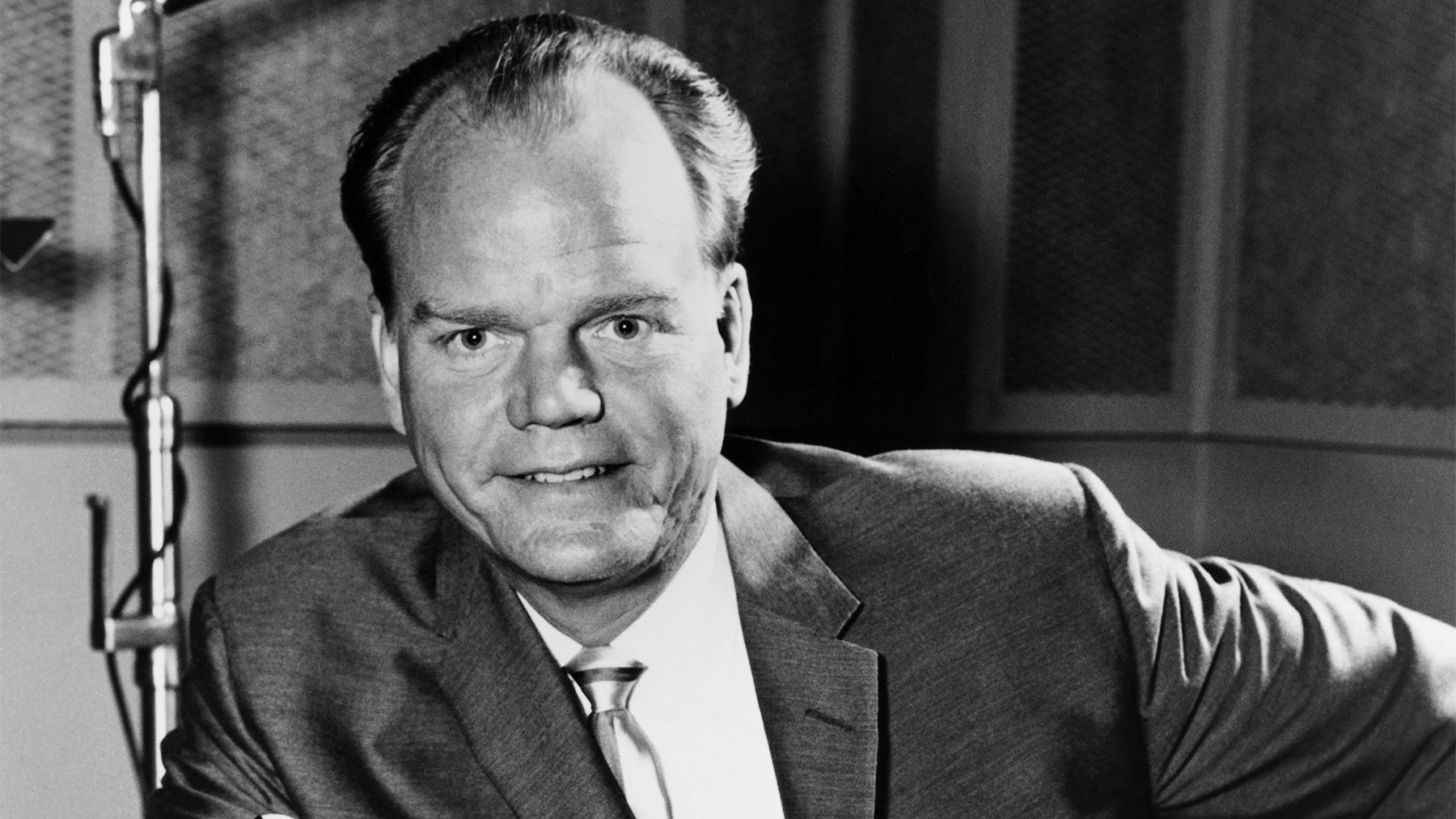A Voice That Defined Generations
Paul Harvey, a legendary figure in talk radio, captivated millions across the United States with his thought-provoking commentary and distinct delivery. At the height of his career, Harvey’s broadcasts reached over 24 million listeners, earning him a place among the most influential voices in American media.
One of his most notable broadcasts aired on April 3, 1965, during which he delivered a speech titled “If I Were the Devil.” Its hauntingly prescient content resonates strongly with today’s societal challenges, leaving many listeners amazed at how accurately his words predicted modern issues.
The Provocative Opening Line
Harvey began his speech with the striking line: “If I were the Devil…” From there, he painted a vivid picture of societal decay, outlining how he would sow division and chaos if he were an agent of evil.
The speech touched on moral erosion, the loss of faith, and the influence of materialism and vice on culture. Harvey’s ability to articulate these issues in 1965 makes it all the more astounding how closely his words mirror contemporary struggles.

Key Themes from “If I Were the Devil”
In his speech, Harvey outlined the steps he would take to corrupt society, offering chillingly accurate insights:
- Eroding Morality: Harvey described a campaign to convince people that traditional values were outdated and unnecessary. He spoke of promoting a culture where “what is bad is good, and what is good is square.”
- Undermining Faith: He warned of whispers that would lead the young to view the Bible as a myth and question the existence of God.
- Corrupting Education: Harvey imagined schools refining intellects while neglecting emotional discipline, leading to unchecked impulses and chaos.
- Misusing Media: He foresaw the rise of provocative content, predicting that literature and television would be flooded with sensationalism to overshadow meaningful narratives.
- Promoting Addiction: Harvey spoke of narcotics, alcohol, and tranquilizers becoming tools to pacify and distract society, a problem that has only grown more severe over the years.
A Timeless Warning
The speech wasn’t just a reflection of the 1960s but a cautionary tale for the future. Harvey envisioned a world where moral relativism, diminished faith, and rampant materialism would dominate, leading to societal breakdown.
Lines like “I’d deify science and substitute psychology for religion” and “I’d take from those who have and give to those who want” feel uncannily relevant today, as debates over culture, science, and social structures continue to polarize communities.
Public Reaction to Harvey’s Insight
After resurfacing online, the speech has sparked widespread discussion. Listeners have expressed amazement at Harvey’s foresight. One commenter noted, “It’s as though he had a crystal ball for the future.” Another added, “These words should be required listening for every generation.”
The speech’s ability to resonate with modern audiences highlights its universal appeal and the enduring wisdom behind Harvey’s words.
A Real Reflection of Today’s Challenges
Harvey’s speech serves as more than a dire warning; it’s a mirror reflecting the ongoing struggles society faces. From the influence of media to the growing divide between traditional values and modern ideologies, the issues he addressed remain part of the current discourse.
While the speech focuses on what “the Devil” might do, its true purpose is to remind people of the importance of self-awareness, personal responsibility, and preserving ethical foundations in the face of change.
Why Harvey’s Words Still Matter
Paul Harvey’s legacy as a broadcaster lies not only in his delivery but in the depth of his commentary. His ability to connect with audiences through speeches like “If I Were the Devil” continues to inspire reflection and conversation.
As society navigates complex challenges, Harvey’s words remind us to remain vigilant about the forces that influence our values and actions. His timeless insights encourage us to prioritize compassion, integrity, and thoughtful decision-making.

